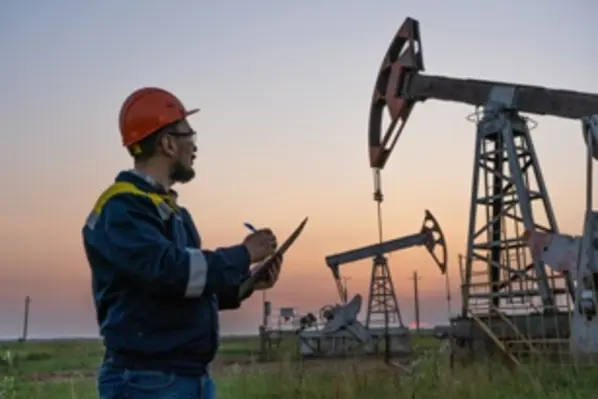National Oil Companies (NOC) need to rethink their operating model and clearly link it with their strategic objectives to deliver the expected future production, cost and greenhouse gas reduction impacts, according to a new BCG report
The report, entitled ‘The Future Operating Model for National Oil Companies’ observed a clear value of implementing lean operating models, as they can deliver 30-40% efficiency gains across the whole oil and gas upstream value chain. This includes levers such as applying deeper resolution reservoir models and linking them with production optimisation that can result in a 4-6% increase in well production and 80% shorter cycle time in early design and evaluation.
Additional levers include applying Artificial Intelligence (AI) /Machine Learning (ML) models and digital twins to predict non-productive-time events and optimising oil recovery, which can result in a 2-6% production increase and ~25% reduction in drilling and completions CAPEX. Utilising predictive maintenance and management by exception to increase uptime can lower maintenance expenses by 15-25%.
International Oil Companies (IOCs) have already started to transform their operations. They have realised that the current upstream operating models are not sustainable; oil price volatility, oversupply and energy transition are forcing them to evolve. Individual portfolio strategies may differ, but it has become clear that success in any future model requires radically new ways of working. To a similar extent, NOCs are also in the same position as IOCs, and a transformational change is a requirement. It involves a three-step journey:
1. Transform the way to operate
NOCs will need to build cost and carbon considerations into all aspects of their operating philosophies. This may include embracing the lean approach to continuous improvement – optimising operations, eliminating waste and increasing customer value. It may be anchored around key operational shifts, like commitment to unmanned operations.
2. Streamline core processes and rationalise activities
This begins with simplifying core production, maintenance and safety processes. It removes redundancies, utilising newly available technologies and information. At this stage, companies should optimise their ratio of corrective to preventative maintenance. This is also the time to revisit and rationalise the integrated operational planning process, correcting gaps and cutting non-value-added work.
3. Develop a digitally enabled holistic operating model
Digitalisation has the power to strengthen and enable every aspect of O&G companies’ operations. This means building advanced capabilities and fully leveraging the range of digital tools. Companies must be able to move at pace from localised pilots to integrated large-scale implementation, delivering maximum impact.










